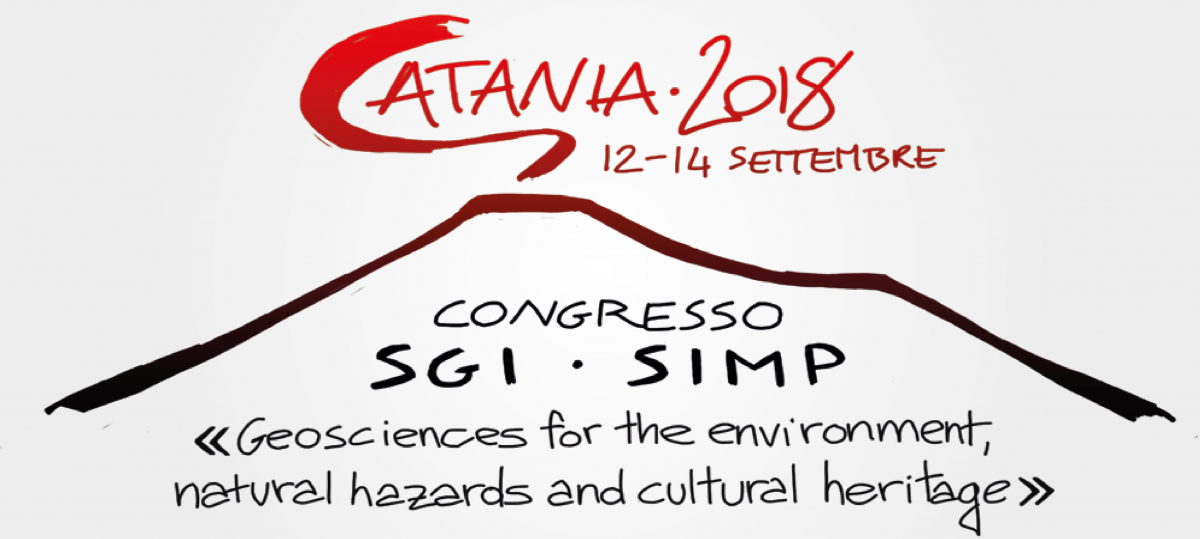Cari colleghi,
vi segnaliamo la sessione P2 di vostro possibile interesse, al congresso della SGI-SIMP che si terrà a Catania dal 12 al 14 settembre 2018 (sito web: http://www.sgicatania2018.it/index.php).
La deadline per la sottomissione degli abstracts è fissata al 21 Maggio 2018.
P2. Deciphering ancient paleoenvironmental perturbations and their impact on the marine ecosystems
Proposers: Francesco Dela Pierre (Univ. Torino), Marcello Natalicchio (Univ. Torino), Francesca Lozar (Univ. Torino), Alessandra Negri (Università Politecnica delle Marche)
The history of Earth's oceans is punctuated by dramatic environmental perturbations that strongly affected the marine ecosystems, at global and basin scale. These paleoceanographic events likely commenced from the confluence of various causes including changes of water salinity, sediment nutrient supply, water mass circulation and oxygenation, temperature fluctuations, and light attenuation. Common effects on the oceans were thought to be hypersalinity, water column stratification anoxia or euxinia with lethal consequences for most eukaryotes adapted to normal marine conditions. In great contrast, some prokaryotes, especially those from the versatile bacterial and archaeal domains, apparently can take advantage from such extreme conditions and often represent the only biota able to thrive. In addition, intensification of water column stratification results in the formation of a chemocline, where the coexistence of reduced chemical compounds (e.g. sulfide, methane, ammonium) and oxidants may stimulate microbial metabolism; on the other hand, microorganisms play a crucial role in biogeochemical cycles (e.g. carbon, sulfur and nitrogen) and can virtually drive modifications of the water chemistry composition. Ancient sedimentary rocks, and especially evaporite and organic-rich deposits (black shales and sapropels), represent extraordinary paleoarchives for deciphering the history of the ancient oceans during the major environmental perturbations of the Earth and their impact on the biogeochemical cycles and on the marine ecosystems. The combination of different disciplines, including sedimentology, paleontology, geomicrobiology and geochemistry, is of great importance for interpreting the past record of such critical events. In this session we encourage contributions dealing with new data on ancient environmental critical events (e.g. salinity crises, anoxic events) that bring together different techniques including, but not limited to, sedimentology, petrography, isotopic signatures, body fossils, lipid biomarkers, major and trace element pattern.
Un saluto e arrivederci a CataniaFrancesco,
Marcello, Francesca, Alessandra







